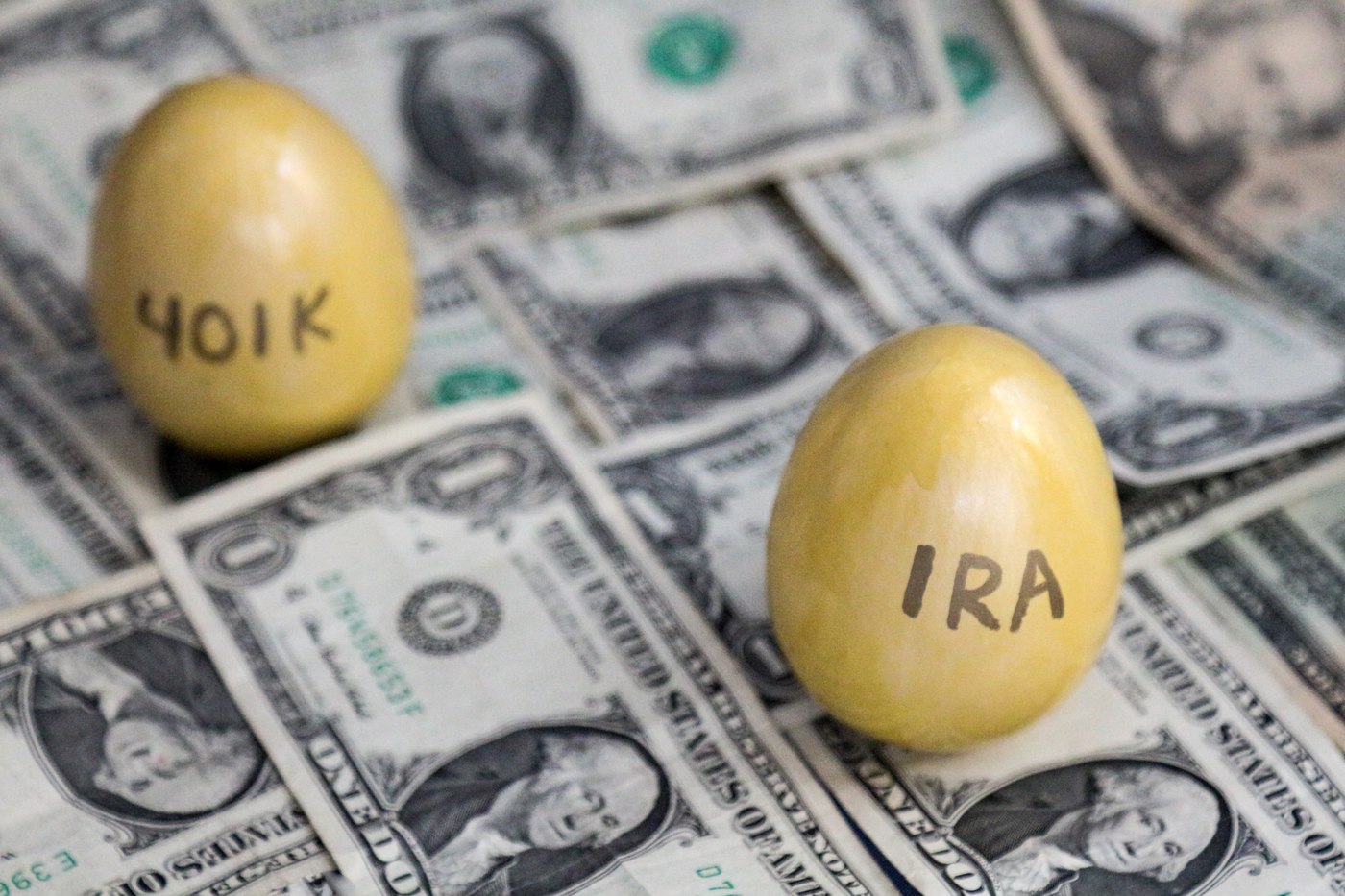Making the Pre-Tax vs. Roth Decision
March 23rd, 2018 | 2 min. read

 A common idiom states death and taxes are the only certainties in this world. Surely, we all want to delay death for as long as possible. But, what about the taxes we pay on our retirement savings? Is it better to pay now or later? This is the essential question when making the pre-tax vs. Roth decision.
A common idiom states death and taxes are the only certainties in this world. Surely, we all want to delay death for as long as possible. But, what about the taxes we pay on our retirement savings? Is it better to pay now or later? This is the essential question when making the pre-tax vs. Roth decision.
The choice between pre-tax accounts (e.g., traditional 401(k) and IRA) and Roth accounts (e.g., Roth 401(k) and Roth IRA) generally depends on two things: your current tax rate and your future tax rate. That’s because of the key difference in how pre-tax and Roth accounts are taxed.
Pre-Tax VS. Roth TAX RULES
With a pre-tax account, your contributions are not taxed. Instead, you pay taxes on your contributions and earnings when you withdraw the money in retirement.
Contributions to a Roth account, on the other hand, are taxed upfront. The good news is that you are then allowed to withdraw your contributions and earnings tax-free.
WHICH SHOULD YOU CHOOSE?
A simple way to arrive at an answer is to ask yourself whether you expect your future tax rate to be higher than your current tax rate. The goal, of course, is to pay at the lower rate.
With that said, if you expect your future tax rate to be higher, then a Roth is probably best for you. Those typically in this situation are young people at the beginning of their careers. Their tax rates are likely going to rise as their salaries grow. And, their contributions and earnings can grow tax-free for decades. Young workers should opt for a Roth 401(k), if one is offered in their employer’s retirement plan. Though it won’t hurt to contribute to both, if you don’t know how your tax rate may change.
Conversely, if you expect your future tax rate to be lower, than go with the pre-tax account. Someone far along in his or her career and who has maxed out their employer-sponsored account is a good example. That person is likely at the peak of their earning potential and can realistically expect a lower tax rate in retirement. Here, a traditional IRA, which is pre-tax, would make more sense than a Roth IRA.
So, what type of retirement account is right for you?
Unfortunately, another certainty in this world is that life is rarely simple. Each person’s financial needs are unique, and you may have considerations that go beyond your current and future tax rate.
If you can’t determine what side of the pre-tax vs. Roth debate you fall on, contact us and we can help figure out what's best for your financial situation. One of our advisers will answer your questions and put together a comprehensive financial plan for you for no cost and no obligation.
Advance Capital Management is a fee-only RIA serving clients across the country. The Advance Capital Team includes financial advisers, investment managers, client service professionals and more -- all dedicated to helping people pursue their financial goals.

